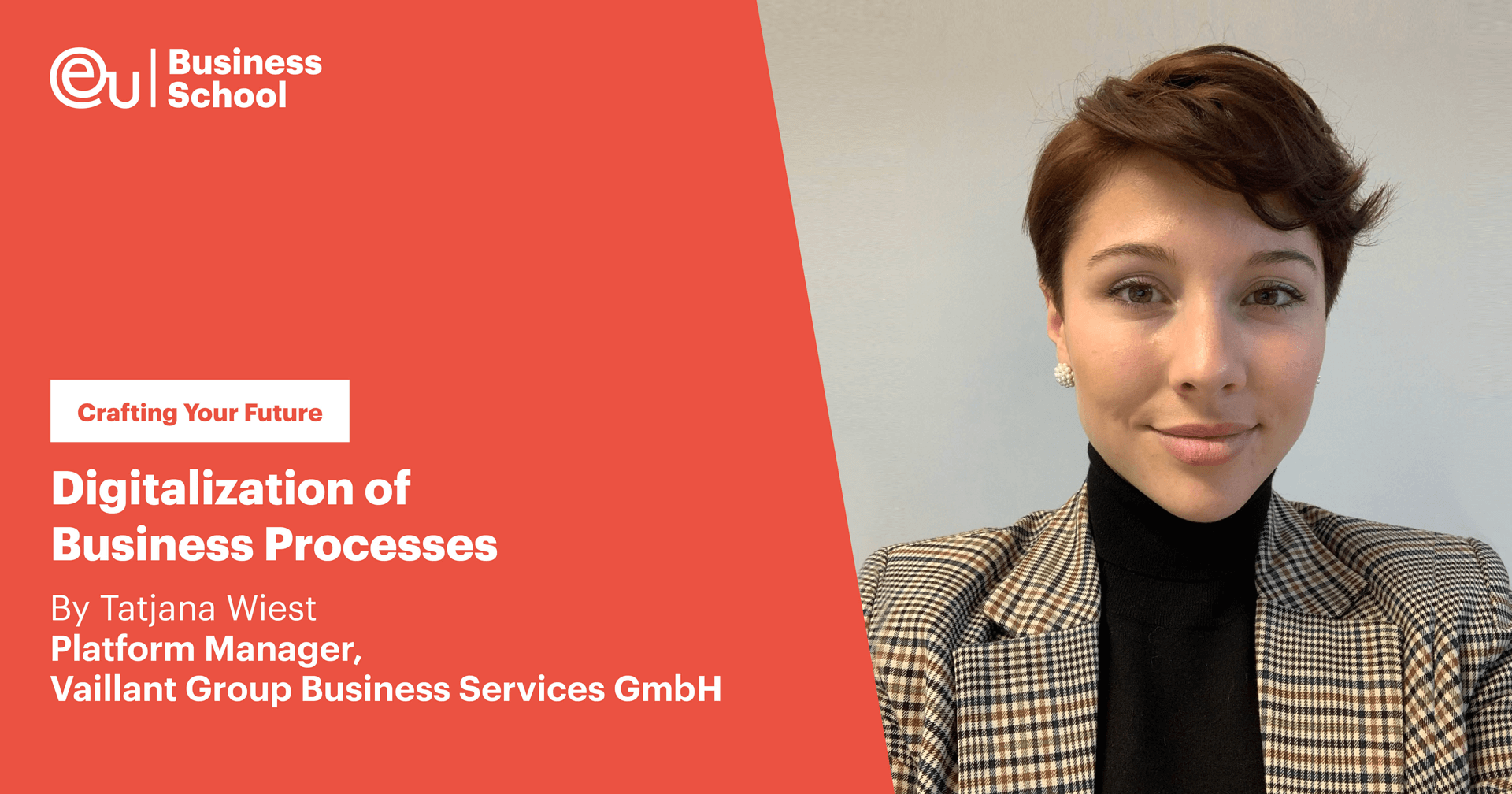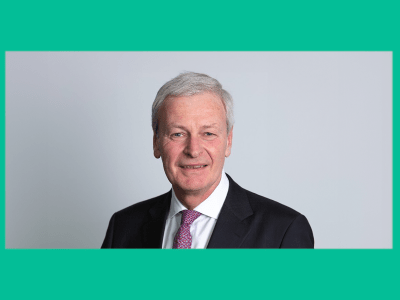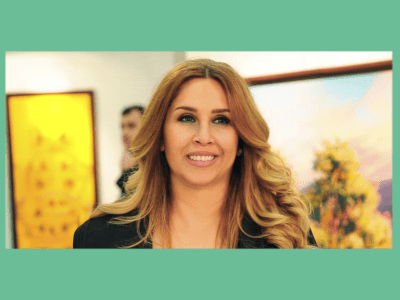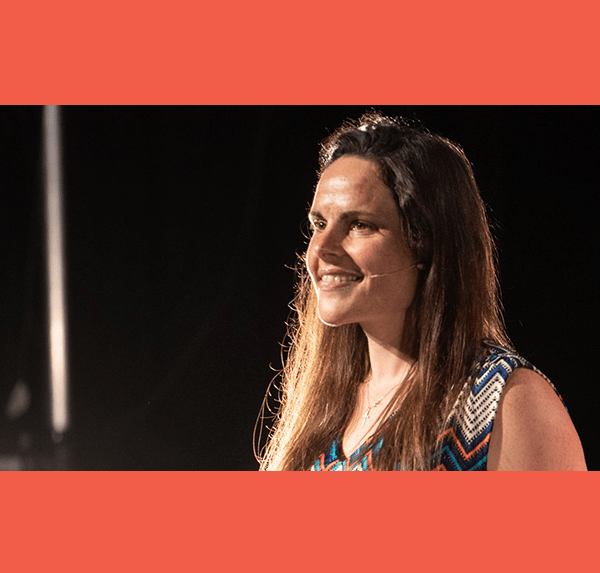Tatjana Wiest, Senior Platform Manager at the multinational heating technology company Vaillant, spoke to EU Business school students about the digitalization of business processes and how the global coronavirus pandemic necessitated rapid acceleration in this field.

Tatjana is energetic, curious, and keen to effect change. After first achieving a BA in Information Management and Corporate Communication from the University of Applied Sciences in Bavaria, she graduated in 2018 from the same institution with an MSc in Business Intelligence and Analytics. Shortly after that, she joined the 14,000-person-strong Vaillant family.
She has recently been promoted to senior level and shared with our students what it takes to become a successful platform manager. Before we get into that, though, let’s explore at what digitalization means, both as a definition and practically for large organizations like Vaillant.
Then we can take a deep dive into what Tatjana’s role entails and how it enables the overall process of digitalization.
What is “digitalization”?
Tatjana introduced students to the concept of digitalization with two different definitions:
1. “The conversion of text, of pictures, of sound into a digital form that can be processed by a computer.”
2. “Digitalization is the use of digital technologies to change a business model and provide new revenue and value-producing opportunities; it is the process of moving to a digital business.”
The first of these is a good, general prelude to the topic, as it explains what it means at a basic level. The second definition is far more relevant post-COVID. It frames the transition in a corporate context as “the process of moving to a digital business.”
As a result of the lockdowns across Europe, organizations across the continent had to adapt to working remotely, which meant quickly digitalizing their paper process.
Consequently, this is the definition we will be referring to throughout the rest of this article.
What does Vaillant do?
Vaillant was founded in 1874 as a craft workshop for installation work – specifically, the manufacture of copper pumps. Today, they are the #1 world market leader for central heating appliances.
There are eight heating technology brands under the Vaillant Group umbrella: Vaillant, Saunier Duval, Hermann Sunier Duval, AWB, Bulex, Glowworm, protherm, and demirdokum.
They produce, market, sell, fit, and service domestic and commercial heating appliances in over 20 countries around the world. Behind the scenes, they’ve got support staff – platform managers, for example, just like Tatjana – making sure their internal systems are on par with the products, software, and services they provide to their customers.
What does digitalization mean for Vaillant?
Vaillant have identified digitalization as one of the biggest business trends of the modern age. Currently, their IT function is split in two, and one half of their operation – the customer-facing side – is more advanced than the other.
They have released apps that provide homeowners, landlords, and installation technicians with smart solutions for everything from temperature regulation to diagnostic repairs information.
The goal now is to make their commercial IT systems just as agile and flexible. That’s where Tatjana comes in, to offer support through document management. Document management involves the creation, editing, intelligent distribution, input and output, archiving, and search for documents. So, her role is all about digitalization – seeing how she can support different departments within the company as they make this change.
Let’s look at some of the specific functions of her role.
What does a platform manager do?
- Ask questions. It is important for a platform manager to understand the technical requirements of the departments they support. After consultations with team leaders, they can then provide training in relevant areas and structure to accommodate change.
- Manages expectations. As a platform manager, you will be one of the company’s authorities on their software; personnel in the departments you are supporting are unlikely to be as familiar with it as you are. It is your job, therefore, to communicate both its capabilities and its limitations to users.
- Coordinates projects. Facilitating meetings between different departments, who all have different priorities, to get them all on one page. Platform managers need to collect feedback from all users in order to help move the project along.
What are the challenges of being a platform manager?
- Lack of communication and awareness between departments. Each individual team is only concerned with its own function and what it needs to execute that function. This can make it very difficult to manage projects that involve more than one department. Tatjana overcame this issue by creating a digital community so users could exchange information, share progress, and decrease their workloads by reducing the amount of overlap. This helps her to create more streamlined document management solutions for problems.
- No driving force. In a role like this, everyone is responsible for their own progress. Someone people may find the lack of synergy challenging.
- Change and management. Digitalization is a relatively new process, and recently, it’s needed to happen very fast. You might hit stumbling blocks or meet with resistance from colleagues who prefer the old way. Tatjana has found digitizing such a long-standing company more of a challenge than she expected!
What skills do you need to succeed as a platform manager?
- Communication. You need to listen to the needs of the departments you are working with in order effectively help them. Keeping them up to speed on your progress is also a good way to ensure you have teams of happy users.
- Networking. Having a large network of contacts will not only help you personally, but it may also help you help others. If someone comes to you with a question you don’t know the answer to, you can pose it to your connections, and the more people you’re connected to, the more likely you are to learn something new.
- Questioning approach. On that note, you have to be excited and willing to learn if you want to be a great platform manager. The digital space is always changing, and you need to be able to keep up. Ask lots of questions, absorb all the information you can, and pass that on to users of the program you are responsible for.
- Patience and empathy. Different people work at different speeds for different reasons. Instead of getting frustrated with a colleague who is going at a slower pace, see what you can do to help them.
Study to become a platform manager at EU Business School
One thing in particular Tatjana said struck a chord with us: “If you are the person who knows what is possible, you are also the person that brings in new ideas.” With the EU Business School, you could be that person in your future career.
Take a look at all the courses we have on offer and apply online today.









